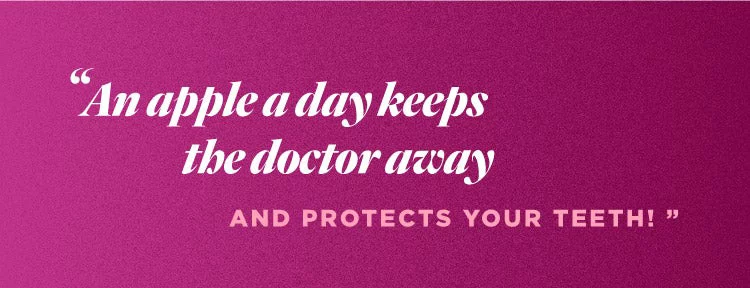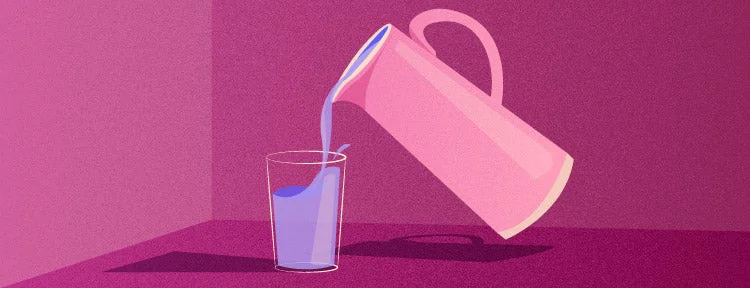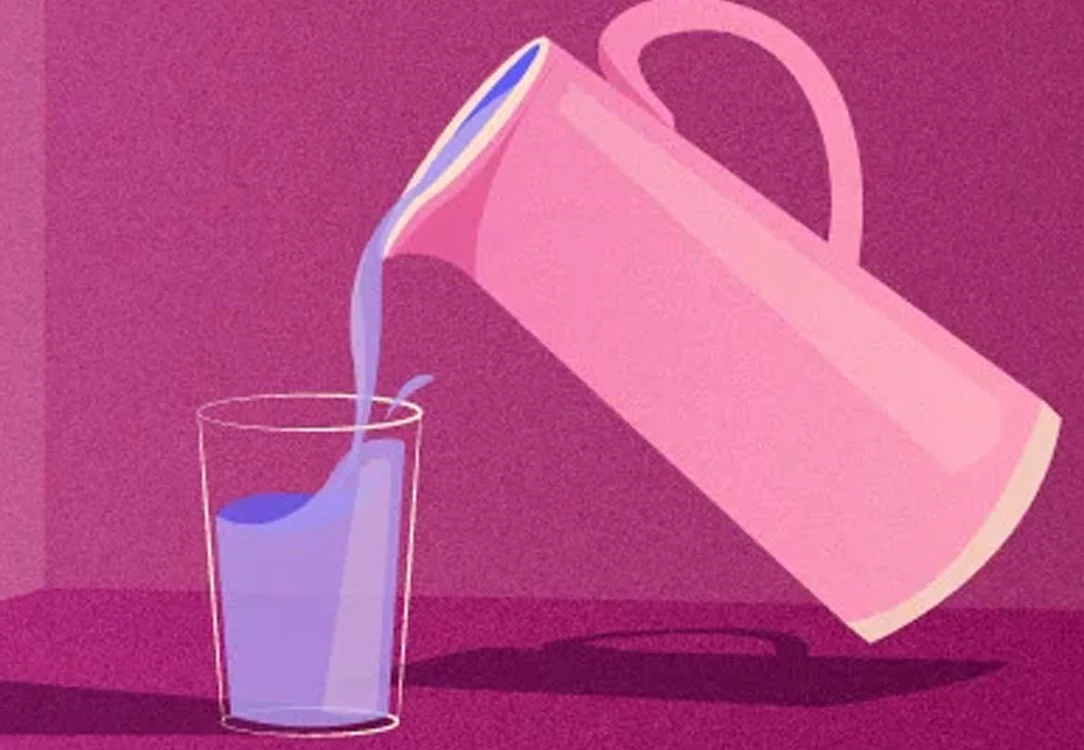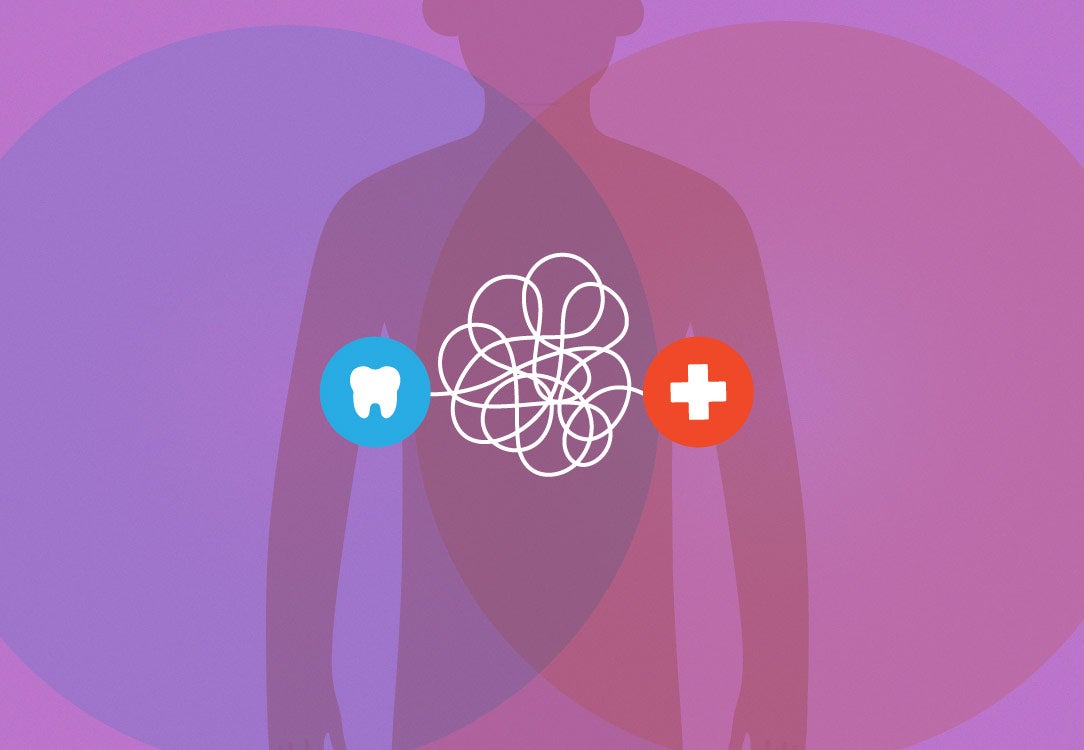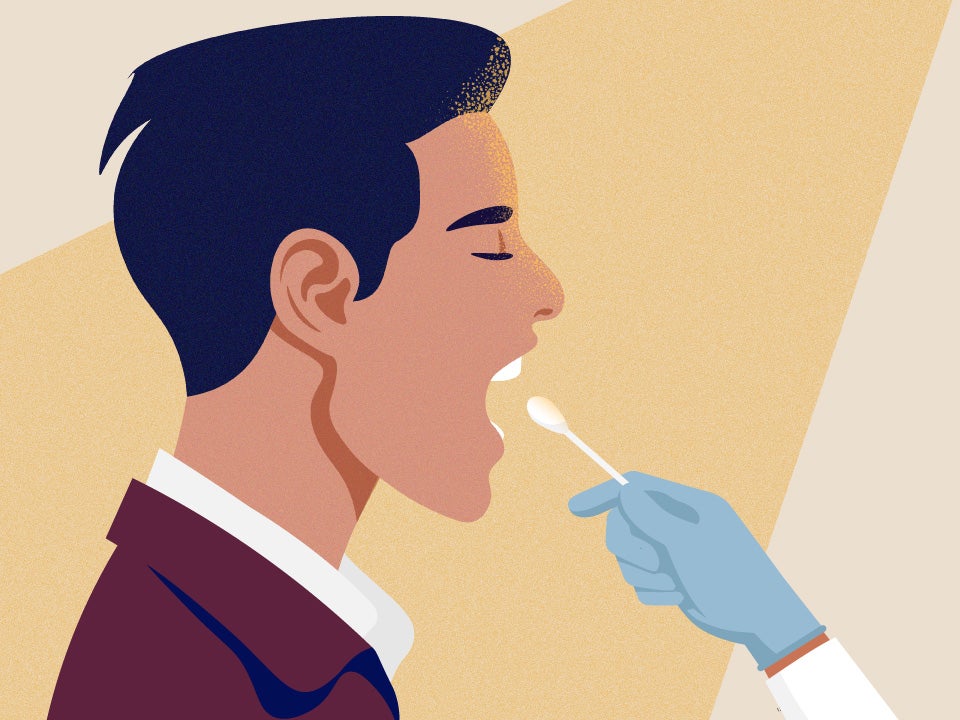Most folks are aware that eating a nutritious, balanced diet helps to keep them healthy while avoiding health issues such as heart disease, type 2 diabetes, and obesity. But food choices – good and bad – also affect the health of your teeth.
What Foods are Good for Your Teeth?
There are plenty of foods you can consume to help your overall health. Here is a list of foods that are good for your teeth.
Natural almonds provide multiple benefits for your teeth. They are low in sugar while also being a good source of calcium and protein.
They are a popular fruit choice for sure, but are apples good for your teeth? Yes, in many ways. Besides being high in fiber and water, chewing an apple creates saliva. Saliva helps rid your teeth of bacteria and leftover food particles. An apple’s fibrous texture also stimulates gum tissue.
Eating an apple, or apple slices, with a meal helps give teeth an initial cleaning until you have a chance to brush them properly.
Carrots provide benefits similar to apples. They are high in fiber as well as crunchy. Chewing carrots also activates saliva production in the mouth. Carrots are also high in vitamin A.
Celery is a good source of vitamins A and C. Both vitamins are antioxidants, so they help keep gums healthy. Celery is also similar to apples and carrots in that its crunchy texture helps remove bacteria and food particles from your teeth until you can brush them.
Eating cheese provides a plethora of oral health benefits. Cheese consumption raises the pH level in the mouth while lowering tooth decay risk. Cheese also contains calcium and protein which both help strengthen tooth enamel. It is also believed that eating cheese increases saliva production.
Leafy greens are loaded with vitamins and minerals. Their calcium content helps build tooth enamel. They also contain folic acid which aids in preventing gum disease.
Like many of the foods on this list, yogurt is also packed with calcium and protein. Yogurt also has probiotics – another term for good bacteria. The probiotics in yogurt help negate bad bacteria that cause cavities. Choose plain yogurt since it has no added sugar.
Foods that Strengthen Teeth
Are you wondering how to make your teeth stronger? Strengthening your teeth starts with maintaining tooth enamel. Enamel is the protective layer that covers each tooth. Eat these foods to keep your enamel, and your teeth, strong.
Most people think of milk when the topic of dairy arises. But is milk good for your teeth? Yes! Dairy products, and especially milk, are loaded with calcium. Calcium strengthens tooth enamel and bones. While teeth technically aren’t bones, they share similar traits.
Dairy products also contain a protein type called casein. Casein helps to strengthen and stabilize enamel.
Lean proteins include fish, eggs, chicken, and poultry. Those foods are rich in phosphorus, which can strengthen enamel. Lean proteins are also low in sugar. So they don’t contribute to tooth decay.
Foods that Make Your Teeth Whiter
Brushing and flossing are the most well-known methods of making teeth whiter. You can also do that by eating certain foods.
Strawberries and Watermelon
Besides being a popular fruit to eat, strawberries also keep teeth white. They contain malic acid, which is said to contain bleaching properties. That acid can help whiten stained teeth. Watermelon contains more malic acid than strawberries. Theoretically, watermelon can do a better whitening job than strawberries.
Both fruits increase saliva flow, which prevents tooth decay. The decaying process can also darken teeth.
Teeth are covered with a layer of salivary proteins called pellicles. The pellicle layer absorbs food pigments, thus, leading to stained teeth. Pineapple contains a proteolytic enzyme called bromelain. Those enzymes can break down the pellicle layer, thus, negating staining.
When you're thirsty, reach for a glass of water instead of a sugary drink. Drinks like sodas or juices can cause tooth decay. Other drinks like coffee and tea can stain your teeth.
Drinking water helps your saliva supply while also washing away food particles that can stick between your teeth.
What Foods are Bad for Your Teeth?
Just like the list of healthy foods that benefit your teeth is lengthy, there is also a substantial list of foods that cause cavities. Those are foods to avoid consuming on regular basis.
Many of those foods lead to plaque. Plaque is a sticky film that collects on teeth. Sugary foods cause the bacteria that collect on plaque to release acids that attack tooth enamel. Cavities can develop when tooth enamel breaks down.
Alcohol consumption dries out the mouth. A dry mouth doesn’t produce the saliva that helps wash away food particles that can stick to teeth. Drinking water is a significantly better option for maintaining saliva in the mouth.
Bread causes tooth decay in a couple of ways. During the act of chewing, saliva breaks down the bread starches into sugar. The chewing action also converts the bread into a paste-like substance. The bread can then stick to small tooth crevices that a toothbrush can’t reach.
Carbonated drinks, such as sodas, allow plaque to produce higher levels of acid to attack tooth enamel. Drinking multiple sods throughout the day is the equivalent of coating your teeth in acid. It also decreases saliva production in the mouth. Dark-colored sodas can also stain teeth.
Many people enjoy the taste of citrus fruits, such as lemons and oranges. Plus, fruits are healthy for you. But that prompts questions. Is citric acid bad for your teeth? Are lemons bad for your teeth? Citric acid and lemons both contain acid that erodes enamel. This makes teeth vulnerable to decay. Consume citrus in moderation to avoid excess acid exposure to your teeth.
Sour candies contain more and different acid types than other candies. Those other acids do more damage to teeth. Sour candies also tend to be chewy. So they stick to your teeth longer. This provides more opportunities to eat away at tooth enamel and cause decay.
Eating foods that are beneficial to tooth health while minimizing food consumption that can cause cavities is one way to keep your mouth healthy. Practicing a regular dental care regimen is essential too. The American Dental Association (ADA) recommends brushing your teeth twice daily using a soft-bristled brush. The toothbrush should properly fit your mouth so that it easily reaches all areas for a good cleaning.
Replace the brush every three to four months, or when the bristles become worn. Use toothpaste that contains fluoride. The toothpaste should be approved by the ADA. Hold the toothbrush at a 45-degree angle to your gums. Use a short, gentle, back-and-forth stroke so as not to wear away tooth enamel.
Complement brushing your teeth with flossing. Flossing removes food particles from those hard-to-reach areas a toothbrush cannot. Remember to schedule regular checkups with your dentist for professional tooth cleanings.
Consult your dentist to discuss any questions about food good for teeth and bad food for teeth. Or, check out The Smile Generation to find a dentist near you for all your oral health needs. You can read patient reviews, peruse staff bios, and schedule an appointment online with a click of your mouse.
Find your trusted, local dentist today!
Healthy Foods List: Seven Best Foods For Your Teeth, Colgate, https://www.colgate.com/en-gb/oral-health/nutrition-and-oral-health/healthy-foods-list-seven-best-foods-for-your-teeth-0214
Feintuch, Stacey, The 8 Worst Foods for Your Teeth, Healthline, May 31, 2022, https://www.healthline.com/health/dental-and-oral-health/worst-foods-for-your-teeth
Gardner, Amanda, Foods To Eat and Foods To Avoid for Healthy Teeth, Health.com, February 25, 2020, https://www.health.com/condition/oral-health/best-and-worst-foods-for-your-teeth
Brushing Your Teeth, Mouth Healthy, https://www.mouthhealthy.org/en/az-topics/b/brushing-your-teeth
Nunez, Kirsten, 5 Foods That Help Whiten Teeth, Healthline, January 11, 2021, https://www.healthline.com/health/foods-that-whiten-teeth#strawberries
Good Foods for Dental Health, Mouth Healthy, https://www.mouthhealthy.org/en/nutrition/good-foods-slideshow
Smile Generation blog articles are reviewed by a licensed dental professional before publishing. However, we present this information for educational purposes only with the intent to promote readers’ understanding of oral health and oral healthcare treatment options and technology. We do not intend for our blog content to substitute for professional dental care and clinical advice, diagnosis, or treatment planning provided by a licensed dental professional. Smile Generation always recommends seeking the advice of a dentist, physician, or other licensed healthcare professional for a dental or medical condition or treatment.
